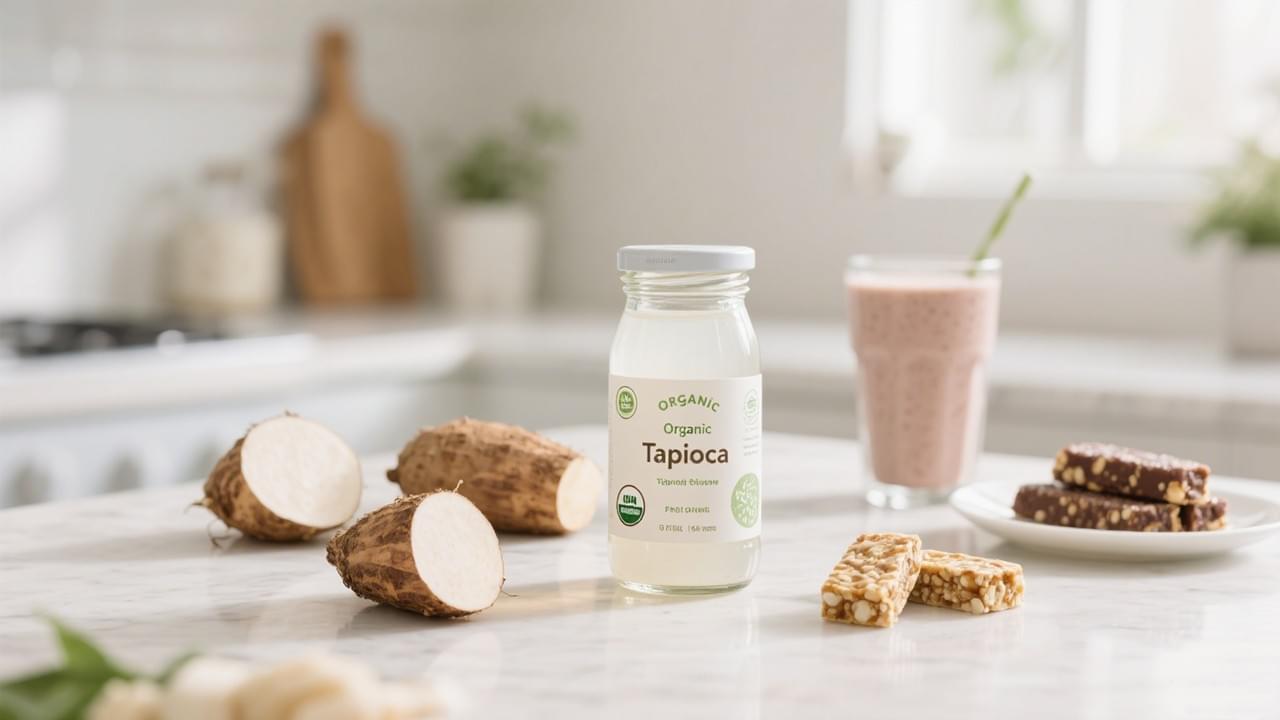In today’s global food industry, manufacturers are challenged by rising costs, supply chain disruptions, and increasing demand for innovation. To remain competitive, they must find smarter ways to optimize their budgets. One of the most effective strategies is bulk ingredient procurement. By sourcing ingredients in large volumes, manufacturers unlock lower prices, stable supply, and improved operational efficiency.
This article explores seven cost-saving benefits of bulk ingredient procurement and how it helps food producers achieve consistent quality and long-term growth.
1. Unlocking Economies of Scale
Purchasing ingredients in bulk immediately reduces the cost per unit. Suppliers often pass significant savings to clients when orders are larger. For food manufacturers, this translates into bulk food manufacturing savings that directly improve margins without compromising quality.
2. Lower Logistics and Shipping Costs
Freight, customs, and handling charges can quickly eat into a budget. Bulk orders reduce the number of shipments, leading to fewer transportation costs and better logistics efficiency. Suppliers with global reach, such as Wuhu Deli Foods, streamline large-scale ingredient sourcing solutions for their B2B partners.
3. Price Stability in a Volatile Market
Ingredient prices often fluctuate due to seasonal and global pressures. By entering long-term bulk agreements, manufacturers secure stable pricing, protecting themselves from sudden spikes. This provides not only cost control but also confidence in financial planning.
4. Reliable Supply Chain Continuity
Production halts due to missing ingredients can be extremely costly. Bulk procurement ensures a consistent flow of raw materials, reducing risks of stockouts. Manufacturers benefit from uninterrupted operations, on-time deliveries, and reliable customer satisfaction.
5. Better Inventory and Forecasting Management
When ingredient supply is guaranteed, manufacturers can better forecast demand, manage inventory, and reduce waste. This prevents emergency orders and supports leaner, more cost-effective operations. For many food producers, such foresight is one of the best cost reduction strategies for food producers.
6. Stronger Supplier Partnerships
Bulk ingredient procurement often builds long-term supplier relationships. These partnerships bring more than just savings—they provide priority access to new products, technical support, and even product customization. For example, Deli Foods offers free OEM/ODM services, enabling clients to launch new products faster without heavy R&D costs.
7. Supporting Sustainable Growth
Bulk purchasing aligns with sustainability by reducing packaging waste and lowering transportation emissions. Today’s consumers value eco-conscious supply chains, and companies that adopt bulk strategies can both save money and enhance their brand reputation.

For food manufacturers, cutting costs while maintaining high standards is no easy task. Bulk ingredient procurement provides a proven path to lower expenses, stabilize supply, and increase efficiency. From unlocking economies of scale to strengthening supplier partnerships, the benefits extend far beyond immediate savings.
Companies like Wuhu Deli Foods, with 50,000 tons of annual production capacity and exports to over 30 countries, demonstrate how bulk strategies create long-term value for B2B buyers. By embracing large-scale procurement, food producers can protect their budgets, boost profitability, and achieve sustainable growth.
❓ Frequently Asked Questions (FAQ)
1. What is bulk ingredient procurement and why is it important?
Bulk ingredient procurement refers to sourcing raw materials in large quantities to reduce per-unit costs, stabilize supply, and improve efficiency. It is essential for food manufacturers who want to stay competitive while managing expenses effectively.
2. How does bulk ingredient procurement lead to cost savings?
By purchasing in bulk, manufacturers benefit from economies of scale, lower shipping costs, and long-term contracts that provide price stability. These factors contribute to significant bulk food manufacturing savings over time.
3. Can small or mid-sized food producers benefit from bulk procurement?
Yes. Even smaller manufacturers can take advantage of cost reduction strategies for food producers by collaborating with large-scale suppliers. Flexible bulk contracts allow them to secure consistent supply without overspending.
4. What should I look for in a supplier for large-scale ingredient sourcing?
Choose suppliers with strong certifications, proven production capacity, and global logistics expertise. Reliable partners also provide customization and sustainability options, making them ideal for large-scale ingredient sourcing solutions.
5. How does bulk procurement support sustainability goals?
Bulk purchases reduce packaging waste, cut down on transportation frequency, and often align with suppliers that prioritize eco-friendly practices. This approach lowers costs while enhancing a brand’s environmental responsibility.



